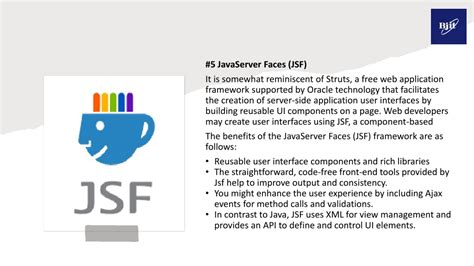Legal Frameworks for Offshore Crypto Trading: A Guide
The rise of cryptocurrency has revolutionized the world of finance, allowing individuals and institutions to invest in digital currencies without being bound by traditional financial systems. However, this newfound freedom comes with a host of regulatory requirements that must be navigated carefully to avoid potential penalties. In this article, we will delve into the legal frameworks for offshore crypto trading, highlighting the key regulations, laws, and guidelines to keep in mind.
Background
Offshore cryptocurrency trading refers to the practice of engaging in cryptocurrency transactions or activities outside of one's home country's regulatory environment. This can include buying, selling, exchanging, or storing cryptocurrencies in a jurisdiction with less stringent financial regulations, such as the Cayman Islands, Bermuda, or Switzerland.
Regulations and Laws
Anti-Money Laundering (AML) Regulations: Offshore crypto trading involves high-risk activities that pose significant challenges to anti-money laundering (AML) regulations. To comply with AML laws, traders must demonstrate a legitimate business purpose for their cryptocurrency transactions, ensure their identity is verified, and adhere to Know-Your-Customer (KYC) requirements.
Know-Your-Customer (KYC) Regulations: KYC is an essential component of AML compliance. Traders must provide detailed information about themselves, including their names, addresses, and financial institutions, to facilitate due diligence checks.
Tax Laws
: Offshore crypto trading also involves tax implications for individuals and businesses. Tax authorities in most countries require traders to report income or gains on a global basis, which can involve complex tax treaties between jurisdictions with different tax laws.
Financial Reporting Requirements: Traders must comply with financial reporting requirements, such as filing reports with regulatory bodies, disclosing their cryptocurrency holdings, or submitting tax returns.
Key International Frameworks
Common Reporting Standard (CRS): The Financial Action Task Force (FATF) has developed the CRS, a global standard for identifying and reporting suspicious transactions and customer due diligence requirements.
OECD Common Reporting Standard (CRS) for Non-Financial Account Holders: This international framework requires financial institutions to report information about non-financial account holders on a global basis.
Country-Specific Regulations
United States: The Financial Crimes Enforcement Network (FinCEN) regulates offshore crypto trading in the US, requiring traders to register with FinCEN and comply with anti-money laundering regulations.
European Union (EU)
: The EU has implemented the Anti-Money Laundering Directive, which requires financial institutions to implement AML/KYC controls for cryptocurrency transactions.
Australia: The Australian Financial Services Commission (AFSC) regulates offshore crypto trading in Australia, requiring traders to comply with anti-money laundering and know-your-customer regulations.
Best Practices
Conduct Due Diligence: Traders must conduct thorough background checks on their clients, customers, or partners to ensure legitimacy.
Establish Compliance Programs: Companies should develop comprehensive compliance programs, including AML/KYC controls, tax reporting requirements, and financial reporting procedures.
Monitor Regulatory Developments: Traders must stay informed about changing regulations, laws, and guidelines to avoid potential penalties.
Conclusion
Offshore crypto trading is a complex and high-risk activity that requires careful consideration of regulatory frameworks, laws, and best practices.